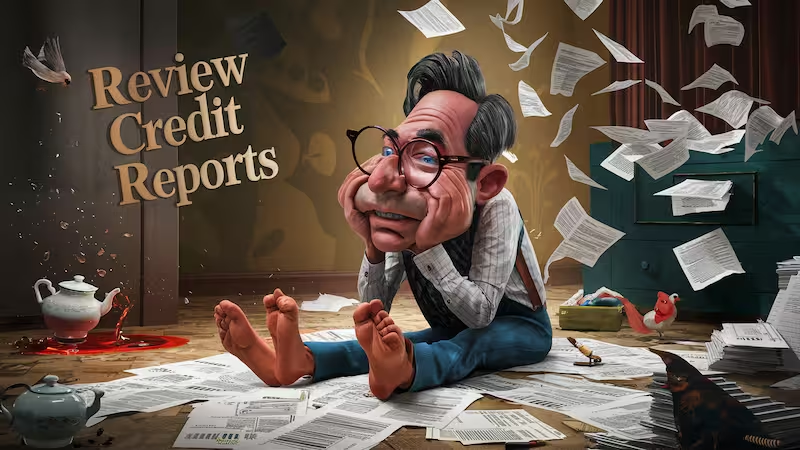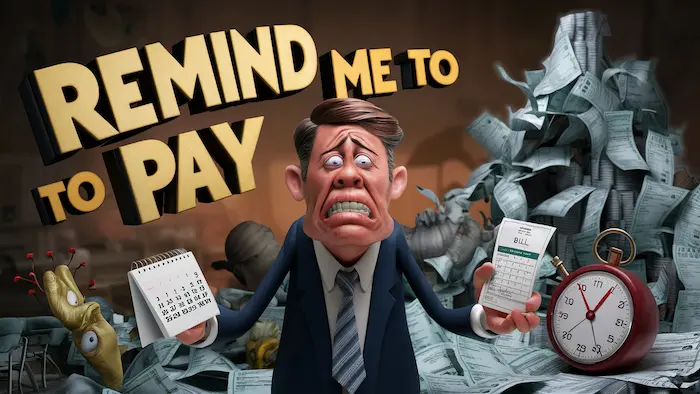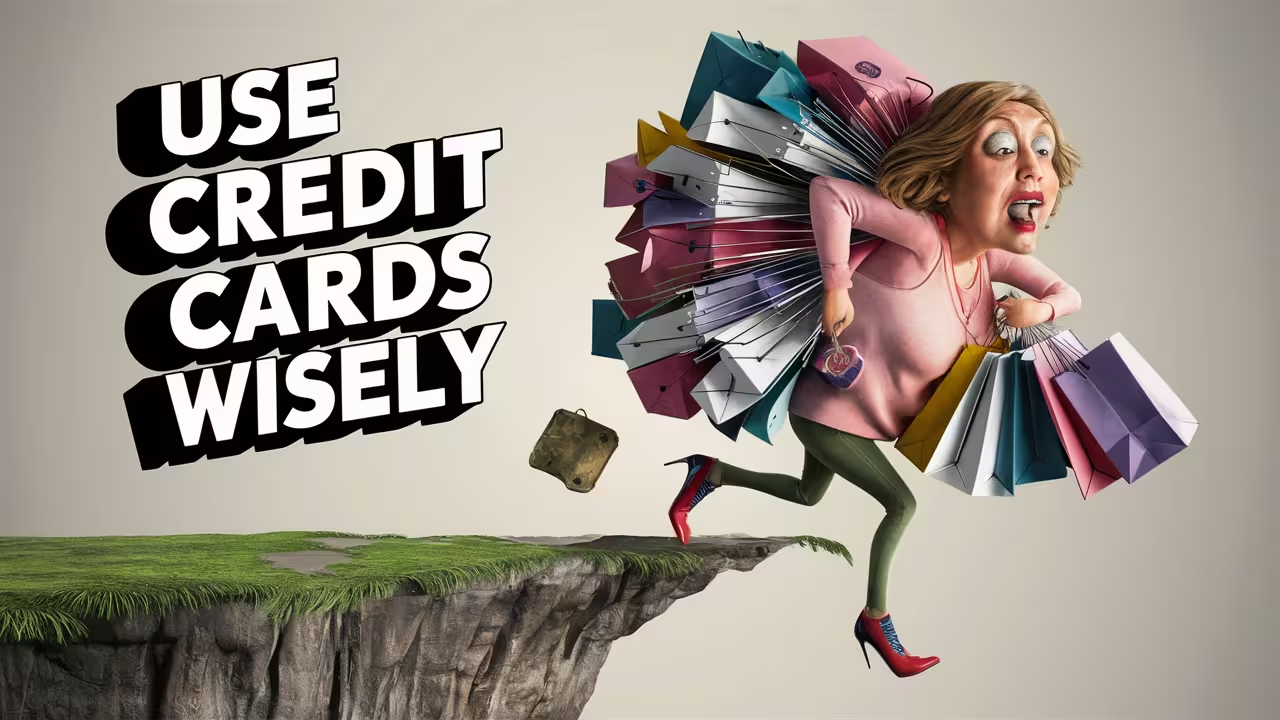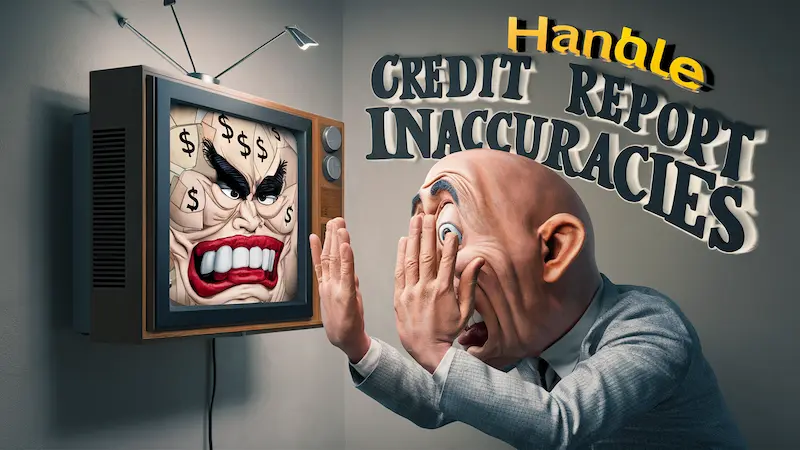Table of Contents (Click To Jump)
- 1 Key Takeaways
- 2 Why a Good Credit Score Matters
- 3 Credit Score Improvement Tips
- 4 1) Review Your Credit Reports Regularly
- 5 2) Pay Off Debts Strategically
- 6 3) Set Up Payment Reminders and Automation
- 7 4) Use Credit Cards Wisely
- 8 5) Keep Credit Utilization below 30%
- 9 6) Request Higher Credit Limits
- 10 7) Consider Becoming an Authorized User Of Someone Else’s Card
- 11 8) Handle Innaccuracies Head-On
- 12 9) Diversify Your Credit Types
- 13 10) Respect Your Elders: Maintain and Nurture Older Accounts
- 14 Conclusion
- 15 FAQ
Did you know that debt payment history makes up 35% of your FICO® Score? After a tough divorce damaged my credit, I found quick ways to boost scores. By following effective credit score tips, my score jumped up to 100 points fast. Even after financial issues from a divorce, you can improve your score quickly!
To quickly raise your score, focus on the most influential changes. For example, credit utilization impacts 30% of your FICO® Score. By lowering this rate, you can see big improvements. Also, being added as an authorized user on a well-managed credit card can quickly help your score. Watching your score rise can be really motivating.
On my credit fix journey, I saw that correcting report errors boosts scores fast. Most disputes get resolved within 30 days. So, never underestimate the effect of some paperwork!
Key Takeaways
- Payment history is crucial for credit scores.
- Credit utilization greatly affects FICO® Scores.
- Becoming an authorized user can quickly improve your credit
- Disputing errors leads to fast score boosts.
- With steady effort, big credit improvements are possible.
Why a Good Credit Score Matters
Ever wondered about the fuss around your credit score? It’s not just for showing off. It unlocks benefits that can make your life and finances better. Think of it as a VIP pass in the adult world.
The Benefits of a High Credit Score
A high credit score is like having a financial superhero by your side. It can save you a lot of money on pretty much everything. Have a child who’s tough on smartphones? A good score might let you avoid deposits for cell services. And those fancy reward credit cards? Good credit can get you in, offering freebies and VIP event access. It also helps you get the best rewards cards, adding up to more than small perks.
Impacts on Loans and Interest Rates
A high credit score can lead to lower interest rates on loans and mortgages. Imagine saving about $200 monthly on a house mortgage. That’s a lot of saved money! It also means higher credit limits and lower APRs from cards. Before I understood credit, loan approvals were a massive hassle, feeling like a tricky quiz.
Effects on Rental Agreements and Insurance
Having a high score is great for renting. Landlords love tenants with good credit. It’s like a gold star reference. The same goes for insurance premiums. Low car insurance rates can come from having good credit. It shows companies you’re good with money. And, services like utilities might skip upfront payments if your credit is solid.
So, a high credit score is not just for bragging. It’s key to unlocking savings and benefits in many areas of life. Using tips to keep your credit score high can really pay off. To me, that’s a very good deal.
Credit Score Improvement Tips
If you’re facing credit score troubles, it’s time to take action. Begin by thoroughly checking your credit reports and tackling debts wisely. These steps can greatly improve your score. Let’s dig into the details.

1) Review Your Credit Reports Regularly
Checking your credit reports might sound boring, but it’s very important. Errors are more common than you think. Since most credit issues are solved in 30 days, regular checks can fix mistakes fast. Errors can lower your score unfairly. Make it a routine to check reports from Experian, Equifax, and TransUnion. Catching errors early is like fixing a small problem before it gets big.
2) Pay Off Debts Strategically
Paying off debts wisely is a game-changer. Remember, your payment history makes up 35% of your FICO® Score. Start with high-interest debts and work on lowering credit card balances. Pay more often to manage balances well. Credit utilization is 30% of your FICO® Score and benefits from such attention. Lowering what you owe greatly helps boost your score. It’s rewarding to see debts decrease and scores increase.


3) Set Up Payment Reminders and Automation
It’s better to be cautious with payments. Missing one can really hurt your score. Credit reports hold onto late payments for years. Luckily, technology makes it easy to remember payments. Set reminders or automate them. Timely payments are key, being 35% of your FICO® Score. This ensures you’re always on time, helping your credit stay strong.
Improving your credit isn’t just a series of tips; it’s about changing your financial habits. Start by checking your reports, paying down debts, and keeping up with payments. Take these steps towards a better financial future now!
4) Use Credit Cards Wisely
Credit cards can be a blessing or a curse. After my divorce, my view on credit cards was “it’s complicated.” But learning to use them wisely can boost your credit score. Let’s explore some tips to make your credit card a beneficial financial tool.


5) Keep Credit Utilization below 30%
“Less is more” fits perfectly with credit utilization. The Consumer Financial Protection Bureau (CFPB) advises keeping your credit use under 30%. For a $10,000 credit limit, keep your balance below $3,000.
This is vital because high use looks bad to lenders. Late payments can remain on your report for seven years. It’s key to keep your balance low. No one likes an overused credit card.
6) Request Higher Credit Limits
Asking for a higher credit limit is a smart move. If your limit goes up but your spending stays the same, your credit use percentage drops. This can improve your score over time. However, don’t take this as a chance to overspend.
Better limits can show you’re using credit well. Regularly checking your statements helps catch fraud. It also shows you’re responsible. You might get offers for reward cards with benefits. It’s like winning the credit lottery!


Becoming an authorized user on someone else’s account is a smart tip. If a friend or family member has good credit, ask to be added as a user. Their good credit can help boost yours.
Being an authorized user means you share your credit limit and history and they share theirs. It’s a way to raise your score quickly. Just make sure they are responsible. Their mistakes could hurt your score and vice versa.
Using these methods, along with payments on time, can really help. Keep spending below what you can afford and pay off the balance monthly. This avoids debt. Using credit cards wisely has many benefits, from higher limits to better offers.
8) Handle Innaccuracies Head-On
Ever felt like your credit report speaks another language? With mistakes that lower your credit score? I totally understand. Dealing with credit report errors is tough, but it’s truly worth it.
Here’s the good stuff: how to dispute credit report errors like a pro. Experian, Equifax, and TransUnion allow you to get a free credit report every 12 months. And now, you can get your reports weekly, for free! That’s even more often than your aunt updates Facebook.
Keeping your credit report accurate is key. This is especially true with identity theft out there. You might find charges you didn’t make. Being alert helps you maintain your financial health and avoid hurting your credit score.
Have errors on your credit report? Act quickly, like a cat chasing a laser pointer. Contact the credit bureau and the info provider. They must fix the mistakes for free. Don’t let wrong info or old errors hurt your score.
But what if the negative info is right? Late payments and bankruptcy can affect you for years. The best approach is to keep good records from now on. Over time, this will help improve your score.
Improving your credit score takes time, like a marathon. Correcting errors can be a big challenge. But once you clear that hurdle, a better credit score is within reach. Keep going!


9) Diversify Your Credit Types
Only having one type of credit is dull and unhelpful. To boost your credit, diversify credit types. Having installment loans, credit cards, and retail accounts shows you’re good with different debts. This variation affects 10% of your score. It’s like showcasing your financial talents
Note and Tip: Be Selective with Credit Applications
Often applying for new credit lowers your score because it triggers a hard inquiry. Each application affects your score for up to two years. It’s okay to need a new card occasionally but don’t go overboard. Limit those applications to keep your score healthy. Think of them like overdue library books—you don’t want too many.
10) Respect Your Elders: Maintain and Nurture Older Accounts
Raising your credit score to 800 doesn’t happen fast. I know because I tried and learned patience is key. To improve your credit score for the long run, you’ve got to play the long game. Stick with it through life’s financial highs and lows, and you’ll build lasting credit health.
Maintaining older accounts is crucial for long-term credit score growth. About 15% of your FICO score comes from your credit history. My oldest card is nearly antique, but closing it would harm my score. Older accounts help raise the average age of your credit, so keep them active and nurture them for long-term credit health.
Taking these steps may seem slow at first, but over time, they make a big difference in your credit score. Remember, long-term credit score growth needs patience, like growing a seed into a big oak. Give yourself credit for sticking to the plan!

Conclusion
Improving your credit score may not be super exciting. But, by following my journey, you’ll see every step matters. From reviewing credit reports to smart debt payments, each action helps rebuild your credit. It’s about taking control and improving your financial health.
Making payments on time is crucial, as it affects 35% of your score. Also, keep your credit use under 30% of your limit. How you handle your credit cards can really shape your future.
Too many new credit applications can hurt your score for years. If your credit history is short, try increasing your credit limit or keeping old accounts open. Using credit monitoring services is also a smart move.
By applying these tips, you’re not just recovering from setbacks. You’re creating a strong credit foundation. So let’s (figuratively) celebrate a future of better interest rates and loan terms. Here’s to a great credit score!
FAQ
How can I improve my credit score quickly after a long divorce?
You’re not alone in this. Begin by getting your credit reports from all three bureaus. Check for mistakes and dispute any you find.
Next, pay off high-interest debts and keep your credit use under 30%. Also, set up automated payments so you never miss one. These steps will help raise your credit score.
What are the benefits of having a high credit score?
A high credit score brings great benefits! You’ll get lower interest rates on loans and better mortgage options.
You’ll find it easier to rent homes and get better insurance rates. It’s like a key to financial benefits.
How often should I check my credit report?
You should check your credit reports yearly from the three main bureaus. If you’ve had financial issues, like a divorce, check more often.
It helps catch mistakes or big changes early. It’s similar to making sure you turned off the stove.
What is the best way to pay off debts to improve my score?
Focus on high-interest debts first; it’s like defeating the main enemy. Pay more than the minimum when you can.
Also, making multiple payments a month can shrink your debt fast. Imagine your debt reducing quicker than expected!
How can I use credit a without hurting my credit score?
Treat your credit card with care. Don’t let your balance go above 30% of your limit.
Ask for higher limits and maybe join another’s card as an authorized user. These actions can really help your score.
Why is it important to dispute errors on my credit report?
Incorrect information on your report isn’t fair to you. Correcting these errors can boost your score.
I once fixed a mistake and my score went up by 20 points. It felt like a big win!
Are there any long-term strategies for growing my credit score?
Yes, there are long-term strategies. Keep old accounts open to show a long credit history.
Also, have various types of credit, and limit how often you apply for new credit. Just like a garden, your score grows with time and care.
